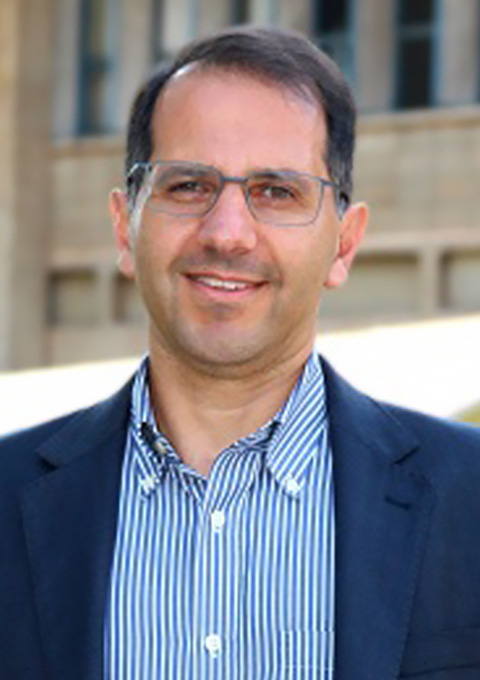The profound impacts of natural disasters on lives, economies, and communities underscore the need for comprehensive understanding and proactive measures. These disasters disrupt livelihoods, displace populations, and strain resources, exacerbating vulnerabilities in both urban and rural areas. The economic toll is significant, hindering development efforts and causing long-term setbacks due to infrastructural damage. Drawing lessons from other countries like Brazil, Africa recognizes the imperative of building resilience in communities to mitigate the impacts of natural disasters. Implementing measures such as early warning systems, robust infrastructure, and community-based disaster preparedness initiatives can bolster resilience and minimize casualties. Moreover, investing in education and capacity-building programs further empowers communities to respond effectively to crises. By learning from Brazil's experiences, African nations are poised to strengthen their natural disaster management strategies and enhance their ability to withstand and recover from such adversities.










